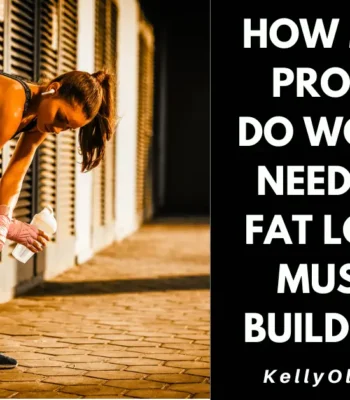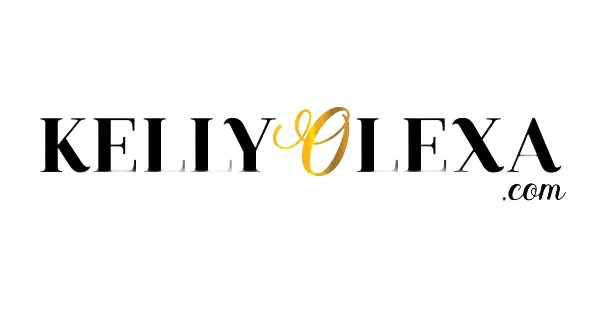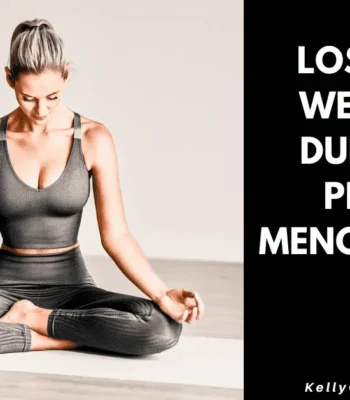How Much PROTEIN Should Women Eat to Build Muscle (and Lose Fat!)?

How Much Protein Per Day For Women to Lose Fat and Build Muscle? How much protein should women eat if they want to lose weight but also build muscle? In this blog post, I’ll share what I’ve learned on this topic and what I’m focusing on personally so you’ll understand completely how much protein women […]

